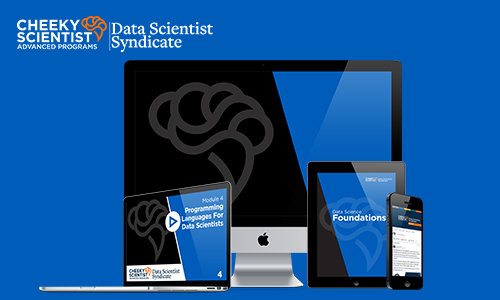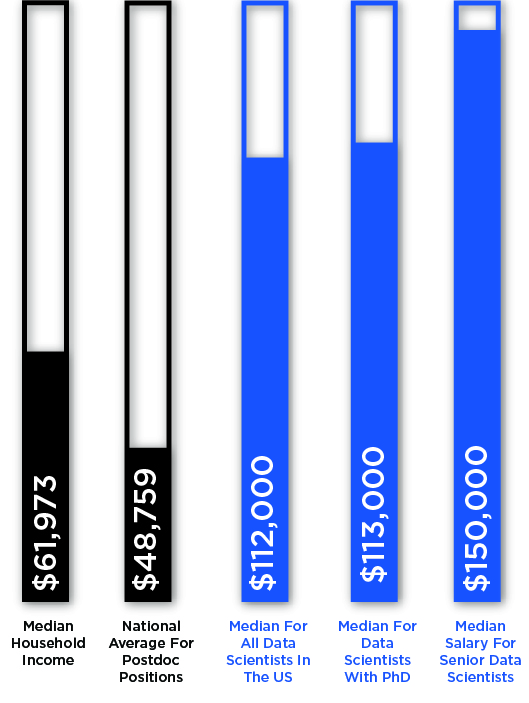
Enjoy High Job Satisfaction While Extracting Insights From Data To Help Executives Make The Right Choices For Their Business
Get Access To The Data Scientist Career Track In The Cheeky Scientist Association Diamond Program
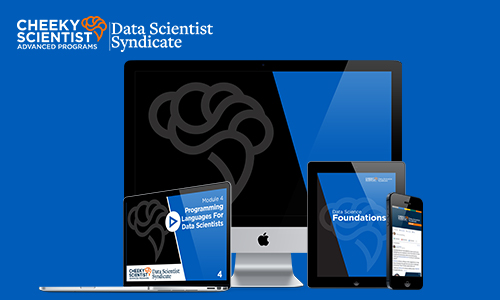
Data Scientist Career Track
The Data Scientist Career Track will guide you on how to use your PhD to get hired into Data Scientist roles and other similar roles in industry. At Cheeky Scientist, we help PhDs from every discipline get into many different types of careers, including Data Scientist roles. We show you how to leverage the skills you already have to get hired into a myriad of industry jobs, including data science.
Here’s What You Get Immediate Access To When You Join the Cheeky Scientist Association Diamond Program…
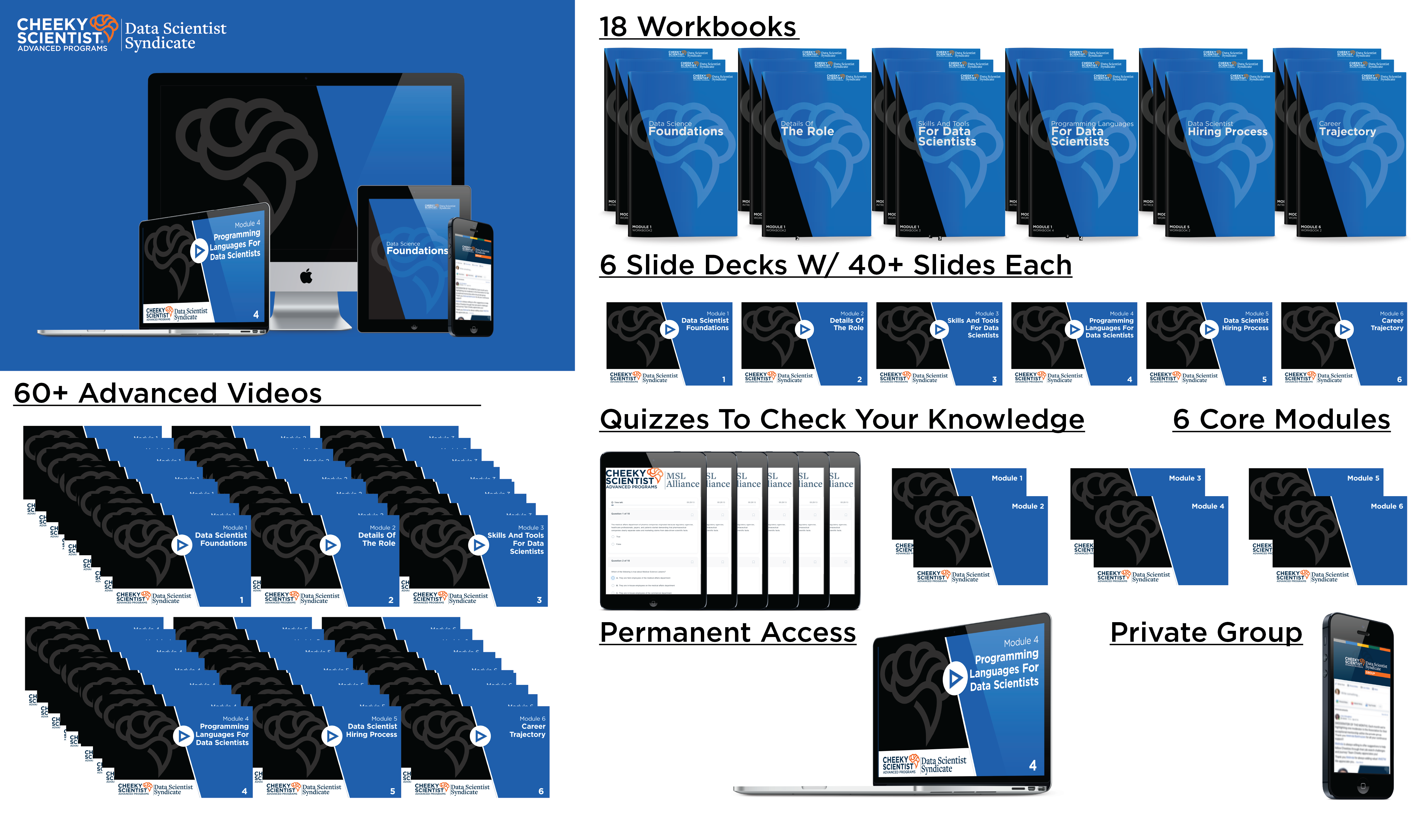
Reverse-Engineer Your Ideal Data Scientist Position with a Targeted Career Track Mentorship

“The Data Scientist Career Track in the Cheeky Scientist Association Diamond Program is a comprehensive program that I enjoyed very much and is specifically for PhDs. The first part of the program provided a thorough overview of someone planning to transition into the data science field. It discusses the different industries and different roles involving data science and also regarding the job expectations in this field. The second part of the course educates someone who is already determined and preparing for a data science role. It explains the important concepts and terminologies from mathematics, statistics, and computer science and the most used programming languages for data science roles. The third and last part of the course helps in understanding the interview process and nature of the questions for data science roles. It also discusses the career trajectories available after getting into a data science role.”
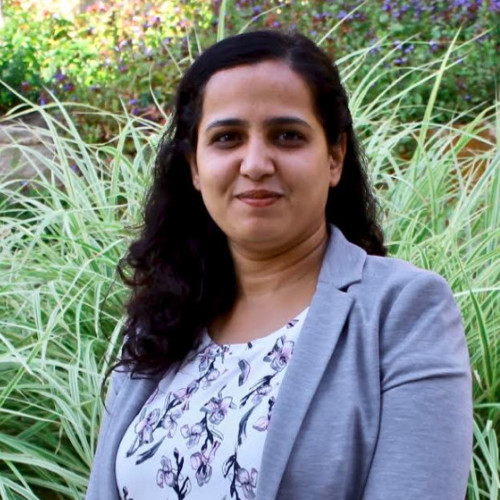
“I like how personalized the quizzes are because it makes PhDs like me evaluate their abilities after each session. It strengthens the idea of why they are pursuing this course and how they should think about it. I really like the guidance on what Data Scientists do on a day-to-day basis because this information is not easy to find and only gets confusing when you come across a variety of information for each job type. This course helps PhDs understand the most common elements associated with each job. Most importantly, I love the tools, and references because I had trouble finding an exact program that would help me increase my knowledge and thus wasted a lot of time starting programs and leaving them in the middle to try another one. I also wasted money on this process. Finally, I was very impressed with the overview of programming languages. When I started my job, I had to find the best tools to accomplish a task and was tossed between R or Python all the time. I like how the Data Scientist Career Track lists the variety of packages in each language and educates you on them. This information will save PhDs a lot of time.”

“The Data Scientist Career Track in the Cheeky Scientist Association Diamond Program is an incredible body of work. The material is presented in a highly engaging format and there is an excellent board of real data science professionals with PhDs to back up the program's private community. I'm proud to be part of this program, and I'm excited to see the PhDs with all backgrounds excel in data science. Data Science is one of the fields where PhDs are highly recognized and appropriately rewarded for their knowledge and years in school.”
The Data Scientist Track In The Association Is Designed for PhDs Who Want To…
- Transition into a growing field that values professionals capable of extracting solutions from messy data.
- Use your natural analytical mind to help stakeholders make data-driven decisions.
- Gain clarity on the positions and opportunities available in the field of data science.
- Secure a position where you’re sought by recruiters offering high salaries.
- Learn how to communicate your insights to decision-makers who don’t understand big data.
- Get familiar with the terminology and tools commonly used by Data Scientists so you can impress future employers.
- Know how relevant coding knowledge is to succeed in the data science field and which programming languages are more widely used.
- Apply your analytical and model-building abilities to solve real-life problems.
- Learn about machine learning and artificial intelligence, and understand why they are relevant for a Data Scientist.
The Demand For Data Scientists is High, And You Don’t Need A Degree In Computational Sciences To Get Hired. You Don’t Even Have To Know How To Code. You Just Need Your PhD…
Your knowledge—or lack thereof—will play a key role in your data scientist job search.
You may have a PhD, and you may understand that breaking into the field doesn’t begin with resumes.
But to join the ranks of data scientists, you need to deepen your knowledge and show that you have the right combination of analytical and communicative abilities.
Even though demand for this position is high, you’ll need to showcase specific abilities to edge out your competitors and land your first industry position.
Average Salary Of A Data Scientist In Industry Worldwide
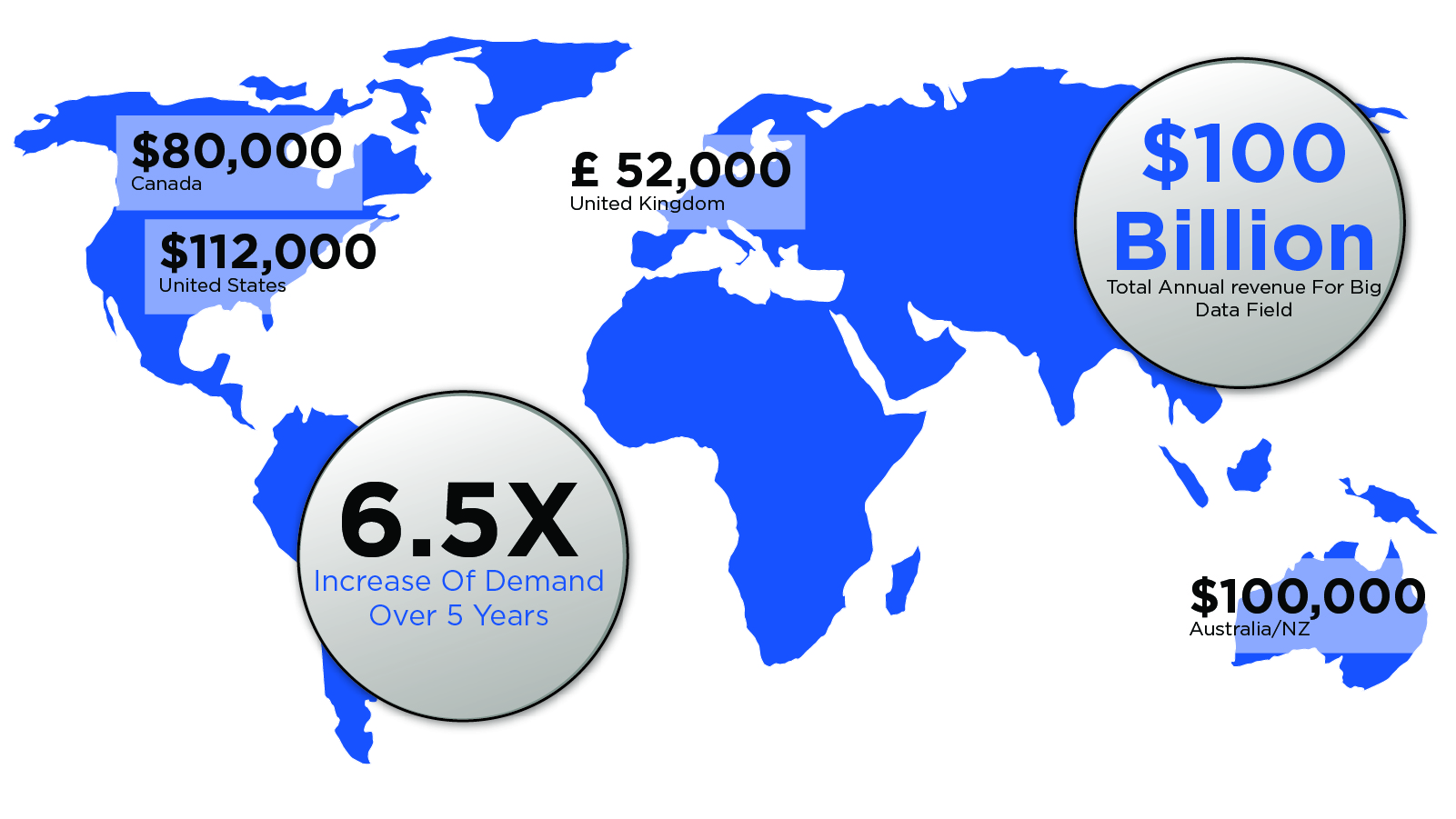
The Demand For Data Scientists Is Increasing, And These Positions Pay Rewarding Salaries…
- Data scientists ranked #3 on a list of America’s 50 best jobs (Glassdoor).
- Openings for data scientists are expected to grow 15% in upcoming years, reaching 2 million in the U.S alone (Quant Crunch Report).
- Data scientists earn over $100,000 per year in median (O’Reilly).
- Bonuses for data scientists average $9,000 (Payscale).
- The annual revenue for the big data market is expected to surpass $100 billion in the next few years (Forbes).
Average Salary Of A Data Scientist In the United States
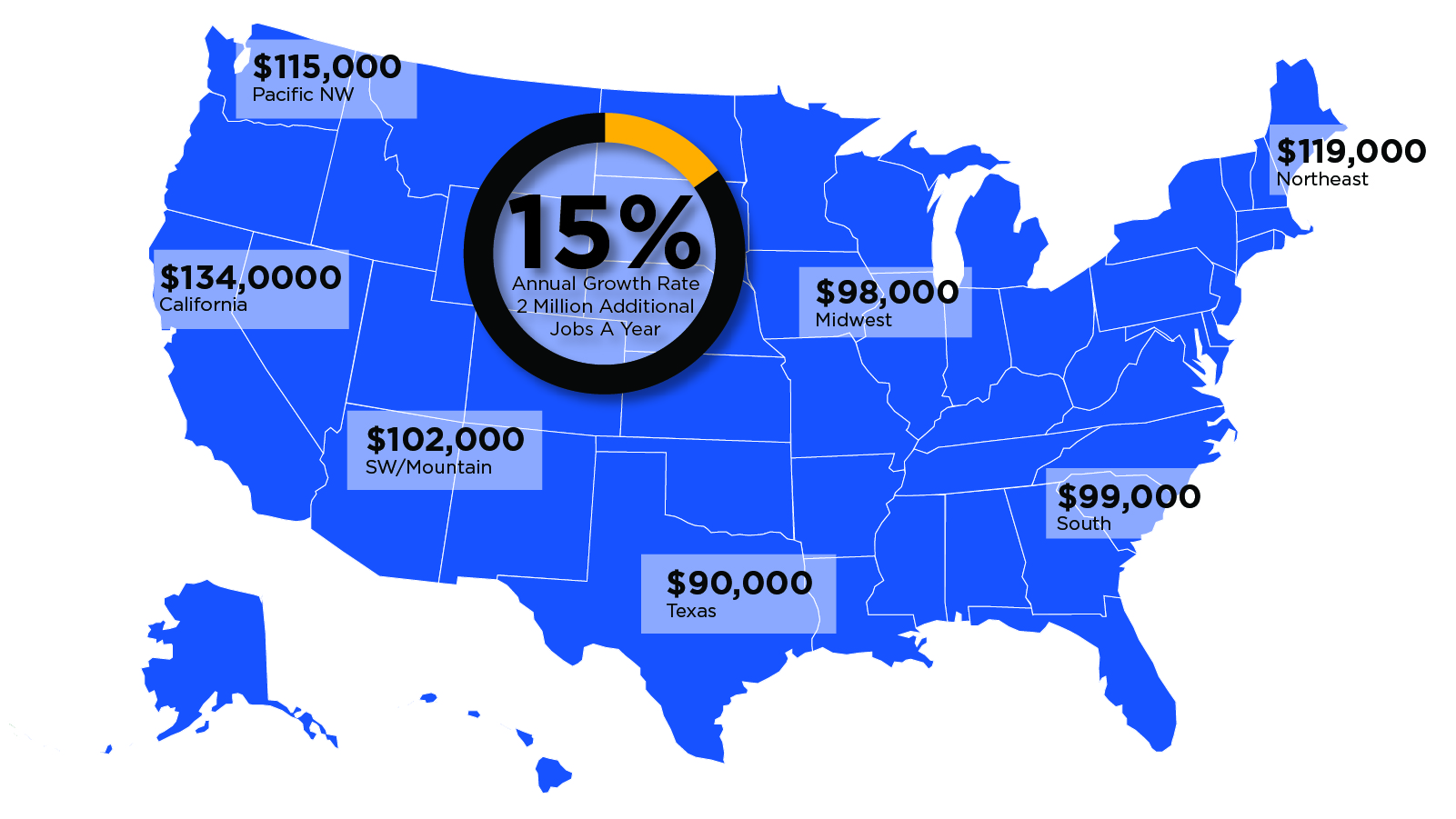

“"One of the things I liked the most about the Data Scientist Career Track is the holistic approach to preparing for a Data Scientist position. The Track highlights the importance of not only the technical knowledge we have as PhDs, but also how your communication and personality are key to success as a Data Scientist. I also liked the emphasis on agile thinking. Each data science project requires learning something new and there's no canned approach."”

“"What impressed me the most about the Data Scientist Career Track is that it provides a dynamic platform useful for aspiring Data Scientists as well as for seasoned ones and the community is a welcoming and safe place to share challenges as well as successes in the data science arena. Finally, since there are Data Scientists from many countries involved in this Career Track, the community allows you to compare your journey to that of other Data Scientists across the globe."”

“"I really enjoyed going through the Data Scientist Career Track. Given that Data Scientist jobs can be very diverse in scope, I appreciated that it covers a lot of relevant information for PhDs wanting to transition into data science, such as the options for career trajectory. It also talks about horizontal moves and the next steps in the career trajectory which is helpful. From a career development perspective, it allows one to explore opportunities and determine one's preferred path for professional growth. The materials are designed to be platform-independent and include several different programming languages. This is important since Data Scientists are often required to work across multiple programming applications. Another aspect of the program is the access to a community of fellow PhDs in the data science field, who hold conversations and activities in the Facebook group." ”
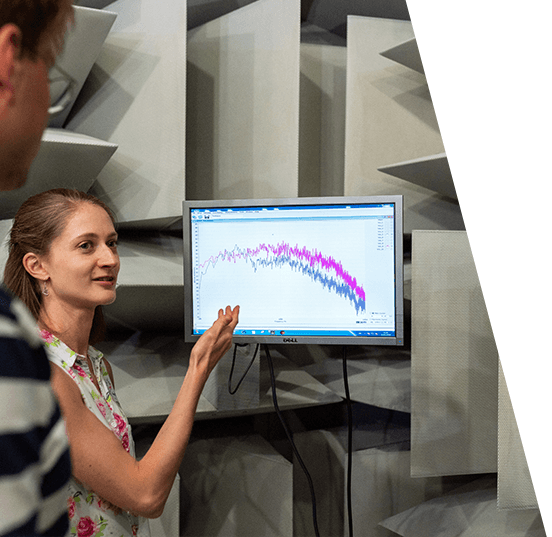
If You’re A PhD Looking To Transition Into Industry, See If You Answer YES To These Questions…
- Do you want to use a scientific approach to extract useful information from vast amounts of data?
- Do you want to join an exclusive group of professionals who enjoy high salaries backed by job security?
- Do you want to use the programming knowledge you learned in grad school to help companies in different industries make data-driven decisions?
- Do you want to use your academic background to solve the most difficult questions of your company?
- Do you want to communicate directly with management and decision-makers to help them understand what company-generated data are telling them?
- Do you want to have a high level of autonomy on the job and be able to work with different areas of a company?
Data Scientists Form An Exclusive Group
Data Scientists earn fantastic pay, interact with company leaders, and have a say in the most important decisions of their company. These are privileges that they’ve earned.
This group speaks their own language. They know how to extract patterns from data that might seem chaotic at a first glance and to turn them into recommendations for the business.
Data scientists help managers make difficult decisions by fulfilling a specific role that requires the right combination of analytical and communicative abilities. If you want to increase your chances of becoming a data scientist, you can’t apply for this position blindly.
You need detailed information on your future position. During an interview, you can’t afford to show you don’t know what data mining is. You can’t risk revealing that you don’t know the difference between machine learning and artificial intelligence.
To avoid blunders like these, you’ll want to know what a typical day looks like for a data scientist.

The Key Foundations Employers Are Looking For In A Data Scientist…
Data scientists have abilities that empower them to meet the unique challenges of their position. Your future employer is looking for these qualities. You’ll want an insider’s perspective on how to demonstrate that you have the abilities needed to excel in your data scientist role.
If you think that data scientists spend all their time coding without interacting with anybody else, you’re entering the job search unprepared. If you don’t know how to communicate with stakeholders, you simply won’t get hired as a data scientist.
As A Data Scientist, You Will Influence The Most Important Decisions Of Your Company And Serve As A Role Model For Your Team
When it comes to how you envision using your PhD education, you probably have several key qualities you’re looking for in a job: opportunities, responsibility, personal autonomy…
Those are some of the reasons you’re attracted to a data scientist position, but here’s something that’s just as important: These opportunities aren’t confined to developing innovative models to extract insights from data.
Becoming a data scientist can also provide an incredible amount of financial opportunities. If you’re currently conducting postdoc work, this can seem too good to be true…
After all, you’re used to earning a salary far beneath your education.
The median household income is $61,937 (U.S. Census Bureau).
And even though you have a PhD, you probably earn well below that figure.
The national average for postdoc positions is $48.759 (glassdoor).
But when you become a data scientist, you will be among the most sought-after professionals across all industries, and you’ll have financial opportunities you’ve never known before.
The median annual salary for data scientists with a PhD in the U.S is $113,000 (O’Reilly). And that is just an average– the salary will vary depending on your location.
In the NorthEast, O’Reilly reports an average salary of $119,000, and for those in California, salaries average at $134,000.
Once you become a data scientist, you’ll have the opportunity to branch into other roles such as quantitative analyst, management consultant, and chief data officer, among others.
Once You’re A Data Scientist, You’ll Experience A Stunning Amount of Responsibility, Opportunities, And Professional Respect
Industries That Hire Data Scientists
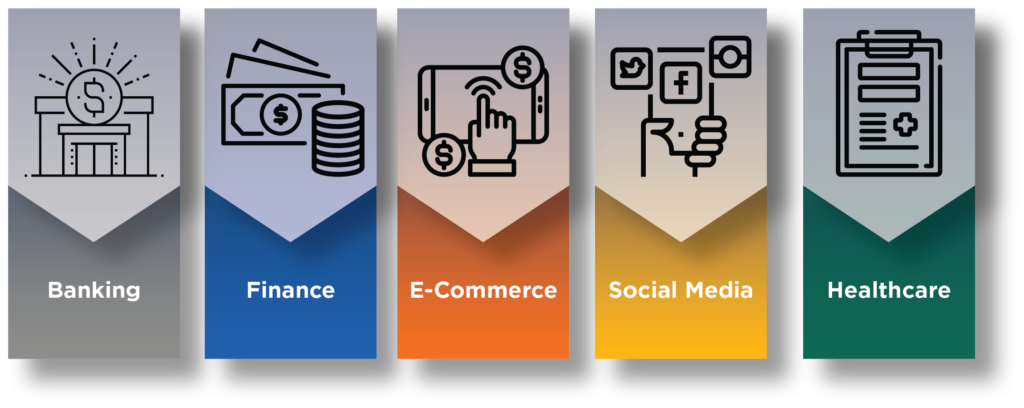
3 Important Reasons To Join The Cheeky Scientist Association Diamond Program…
1. Data scientist has been called the “sexiest job of the 21st century” (Forbes).
Consequently, many people now want to transition into a data scientist position. This means that competition for the role is increasing. If you join the Association Diamond Program now, you will have a headstart – you can start working on your transition right away.
2. You want to tackle the increasing amounts of data that companies are generating and help them transform them into insights.
As a data scientist, you can build and apply your own models to analyze big data and transform them into recommendations to improve companies in virtually all industries.
3. You want to see the difference that your analytical background can make in the real world.
More than likely, your current doctoral or postdoc environment feels confining, restrictive, and limiting. But as a data scientist, you can use help solve the most difficult problems that companies face today and interact directly with stakeholders.
The Data Scientist Career Library Can Pay For Itself In 2 Days Or Fewer Once You’re Hired
A Data Scientist Position Has You Earning Over $2,000 A Week And Over $300 A Day…
If joining the Cheeky Scientist Association Diamond Program puts you in the field even one week faster, the investment will have been worth it.
After that one payment, you’ll have access to all of Cheeky Scientist’s course materials, and if you secure your position, you can share your insights with other PhDs like you.
The Data Scientist Career Library Includes Mentorship From PhDs Already Working As Data Scientists In Industry
You will receive mentorship from our board of PhDs working in industry as Data Scientists as well as continuous access to the track’s materials.
The Data Scientist Track was created and is maintained PhD-level Data Scientists and each module includes quizzes to test your knowledge
The Data Scientist Career Library Mission
In the Data Scientist Career Library, we’re committed to supporting you on your journey to landing a top data scientist position by providing you with advanced, actionable strategies for success.
To do just that, we’ve provided extensive guidance from current data scientists working in industry, leading-edge data scientists resume templates, and guidance by an intimate group of practicing data scientists and other PhDs aspiring to the role.
We understand why you want to break into this industry.
You enjoy building models that solve complicated problems.
You want to help managers make data-driven decisions.
You desire to impact companies, work with stakeholders, and communicate your insights to them.
But here’s the reality…
Just because this field is growing doesn’t mean it isn’t competitive.
Frankly, you’re going to need more than a cursory knowledge of the data science field to make the best impression with your future employer.
It’s our goal to help you do just that.
The information we’re providing—from videos to resumes—is laser-targeted for the data scientist position and is exclusively for PhDs.
There are nuances to the data scientist role that you will find nowhere else.
The Data Scientist Career Library was built by practicing data scientists who are familiar with the role’s nuances. They can provide you with tools and advice on how best to secure the position.
As a data scientist, your employer wants to know that you understand the problems of the company, use your analytical abilities to provide insights based on data, and communicate those results to decision-makers in a way they understand and trust.
You don’t need to pay thousands of dollars to understand what your employer is looking for.
In the Data Scientist Career Library, we provide extensive guidance and personalized support. And our materials are specifically designed to help you showcase both your natural talents and your PhD expertise so you attract the attention of leading companies.
As A PhD, You Can Transition Into An Data Scientist Role
You earned your PhD with knowledge and hard work.
Achieving a data scientist position is no different.
You have the work ethic to make this happen.
You simply need targeted, laser-focused knowledge of the data scientist position.
We’re here to decrease your learning curve.
And our goal is the same as yours: securing that data scientist job.
We’ve done it.
We’ve helped other PhDs do it.
And you can do it too.
We’re inviting you to join the Cheeky Scientist Association Diamond Program.
Now is the time to close the gap between where you are and where you want to be.
The Data Scientist Career Library Is A Group Of Practicing Data Scientists and PhDs Like You
Our exclusive Data Scientist Career Library provides a number of data scientist mentors, ensuring we can provide personalized guidance.
The career library is hyper-focused guidance and private group support prepare you for the unknowns of interviewing for a data scientist position.
Top data scientists currently working in industry are committed to providing a high level of service within this intimate community.
This means you’ll enjoy a high ratio of mentors to members.
You’ll appreciate how the career library is designed to provide personalized guidance and swift feedback.

Imagine Walking Into Your First Data Scientist Interview, But You Don’t Know…
- How to define machine/deep learning or how you can apply them to get insights from big data. This causes you to panic when you hear how often these terms are used by the hiring manager during your interview.
- Why take-home assignments are important, what questions should you ask when you get them, or how you should present your results during the on-site interview. This causes you to make statements revealing that you have little knowledge of the data science process.
- Which questions would demonstrate your knowledge and understanding of the role you’re applying for, which means other—more prepared—candidates impress the company and edge you out of the job.
- The terms and vocabulary used during the on-site visit, which makes it difficult to translate your academic background into effective communication that shows you’d easily transition into industry.
- Information about your day-to-day responsibilities or how much time you will spend building models (and how much in meetings). This causes you to ask questions during the interview that reveal you have only the most basic information on what your role will entail and what you’ll be expected to accomplish.
- How to give presentations and position yourself in a way that shows you can speak the higher language of managers.
The Data Scientist Career Library Guarantees You Will Get Hired Into A Data Science Role No Matter Your PhD Background…
…the Data Scientist Career Library can translate your field of study into an industry position that puts you on the front lines, creating statistical models that help solve the most complicated problems of companies across different industries.
Your PhD has given you the academic foundation that’s critical for securing these jobs.
But the Data Scientists Career Library can help you prove that fact to employers.
We’ll give you information that’s uniquely relevant to the data scientist position – not quantitative analysis, business analysis, or any other field.
The result is intensive, concentrated course that reveals how to integrate your academic background, your transferable abilities, and your knowledge of the data science field into behaviors that will help you land a position.
When You Join the Cheeky Scientist Association Diamond Program, You’re Joining A Program Designed Around Abilities That Helped Other PhDs Land Their Data Scientist Jobs
The Data Scientist Career Library was built on tried and true principles that other, current data scientists used to land their positions.
The program is run by data scientists who’ve landed industry positions and know which abilities you’ll need to leverage to improve your chances of being hired.
On top of that, the foundation you’ll learn in the career library was used by other PhDs just like you to land their first data scientist position to bring data-driven insights to companies in all sectors.
Now that these data scientists have used their education to successfully transition into industry, they can look back on what helped them secure their data scientist job.
The Data Scientist Career Library Provides Targeted Support
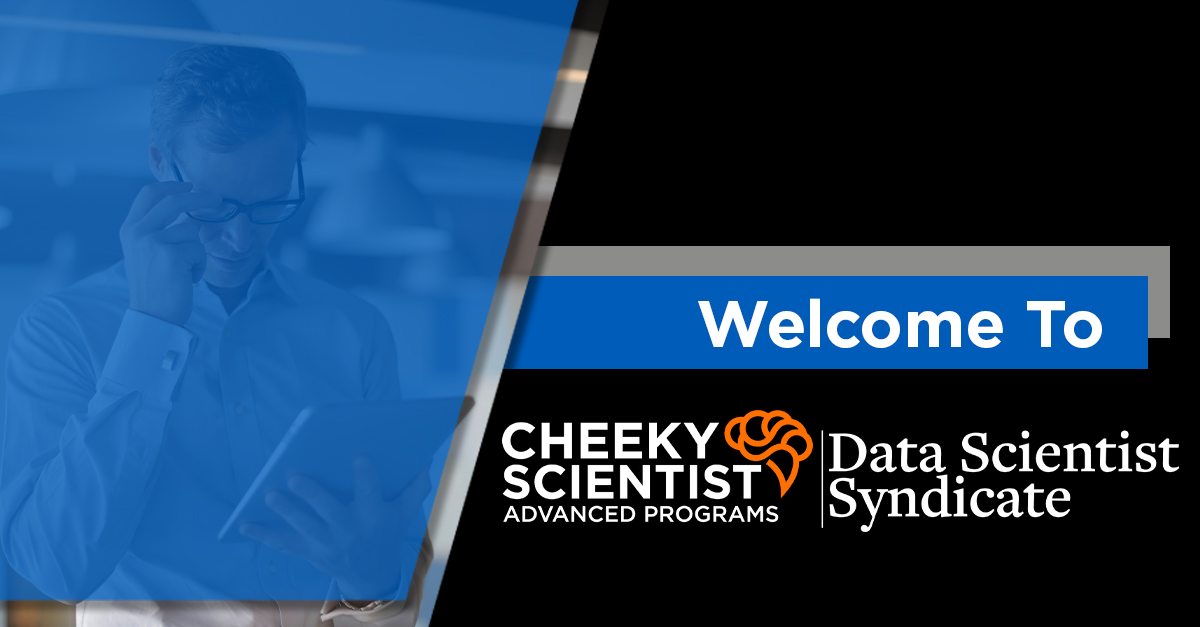
Joining the Cheeky Scientist Association Diamond Program lets you tap into targeted support from the data scientists who oversee the career library and former students who’ve now landed data scientist positions.
In the Data Scientist online group, you’ll be able to ask questions about your resume, gain insights into interview experiences from transitioned data scientists, and interact with like-minded PhDs. That means you can engage in conversations on questions, topics, and challenges relevant to the data scientist position.
This group is also exclusive. Only members of the Cheeky Scientist Association Diamond Program can see and respond to the messages in the private group.
The exclusivity of the group allows you to freely share ideas with fellow PhDs, request referrals from other data scientists, and get the advice you need when you encounter challenges.
You’ll get immediate access to a top global data scientist network exclusively for PhDs once you join…
Here’s The Targeted Mentoring You’ll Receive From The Data Scientist Career Library...
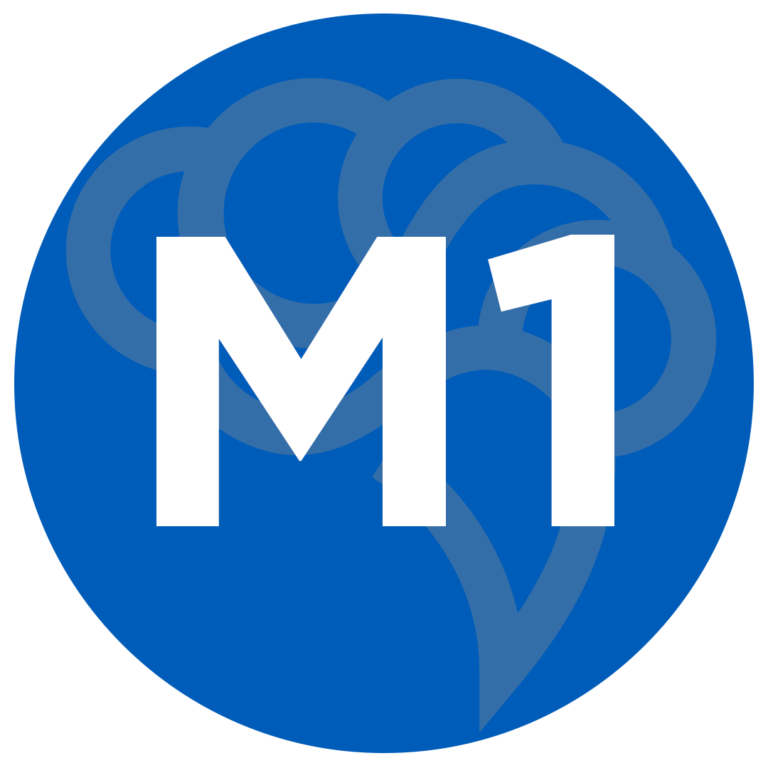
Module #1
Bird’s Eye View Of The Data Science Field
You know you want to be a data scientist, but you aren’t completely sure of what the role encompasses nor what types of data scientists exist. This module covers…
- What data science is and what the role of a data scientist encompasses. You’ll get insights on the importance of the data science field, what is the main role of a data scientist, and what are the main types of data scientists.
- What an average day looks like for a data scientist. This module explores the main activities that a data scientist must perform on a day to day basis and why each of them is important. It also analyzes how much time data scientists spend coding and creating models.
- The importance of the data science field in the era of big data. This module explains why data science is such a hot field and the relevance of big data for companies in different industries—both tech and non-tech.
- Companies that hire data scientists. This module give an overview of the questions and the problems that data scientists solve for each type of company. With this information, you will have a general idea of which companies to apply to.
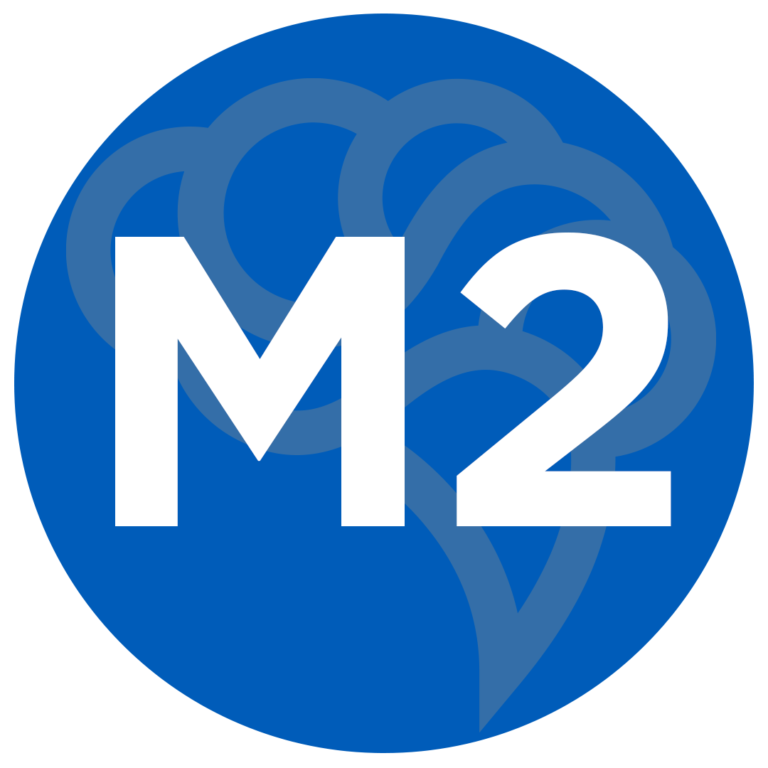
Module #2
Details Of The Data Scientist Role
You’re not sure which positions are offered in data science nor the trends that shape a data scientist’s lifestyle. This module covers…
- Positions in the field of data science. You will learn about the job titles that professionals working with data can have. This module also explores the main differences between the most relevant positions and how they overlap.
- The steps a company takes when building a data science team. This module analyzes the process that a company goes through when building a data team, including which professionals get hired first, and the responsibilities of those individuals.
- The earning potentials and salary expectations of a data scientist. This module presents the salary expectations of data scientists working around the globe. It also analyzes which industries hire the most data scientists in different locations.
- Lifestyle and job satisfaction for data scientists. You will learn how satisfied data scientists are with their job and what work-life balance looks for data scientists working in different countries.
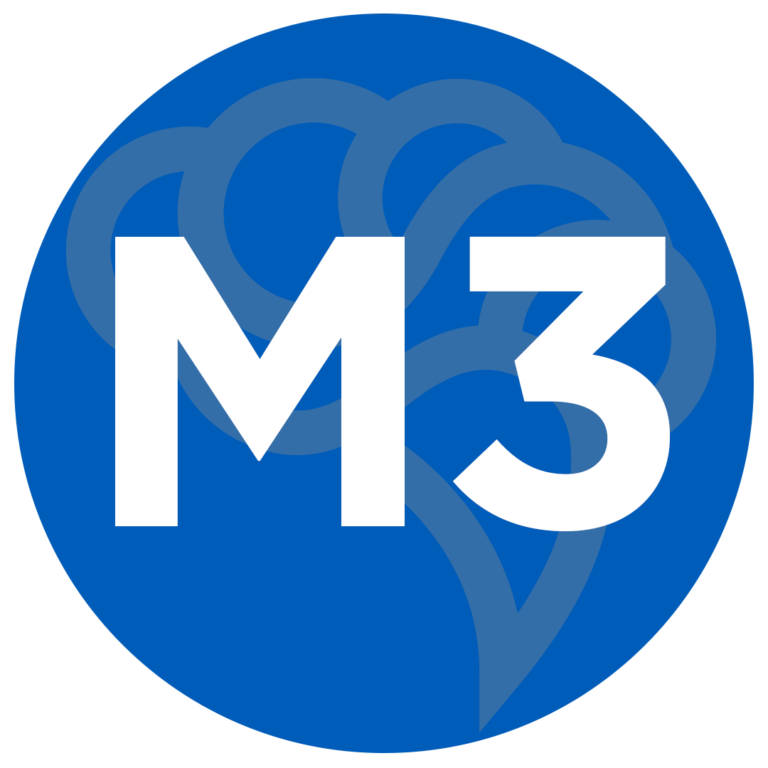
Module #3
Relevant Tools And Abilities For Data Scientists
Increase your chances of landing a data scientist position by learning about the most relevant tools and abilities for data scientists. This module covers…
- How to leverage your scientific background to assert your qualifications for the data scientist role. You’ll learn why the number of positions for which you’re qualified may be broader than you think.
- The most relevant abilities of a data scientist. This module presents the most sought-after abilities for data scientists, explaining how you have acquired most of them during your PhD and how to leverage them during the hiring process.
- Relevant data science tools and how to use them. Data scientists face tough problems with complex solutions. Therefore, they need several tools to analyze data and build models. This module presents the most relevant tools used by modern data scientists.
- Specific terms that data scientists must understand. This module covers the difference between artificial intelligence, machine learning, and deep learning. It also defines “big data” and explores the types of big data that companies produce.
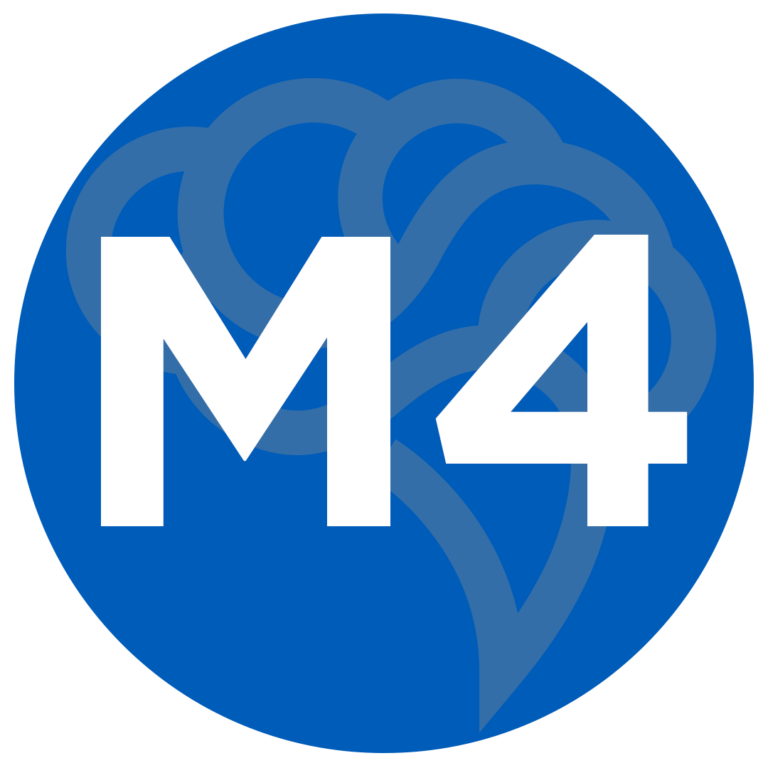
Module #4
Programming Languages For Data Scientists
You don’t need to be an expert programmer to be a successful data scientist, but some programming basis will definitely help your chances of landing the job. This module covers…
- Python for data scientists. This module analyzes why Python is the most-widely used programming language among data scientists. It also presents some useful resources to use pick up this language.
- R for data scientists. This module explores the pros and cons of learning R and applying it to data science. It also compares R and Python, exploring which one you should learn as an aspiring data scientist.
- How can you apply your previous experience in programming to data science. This module gives an overview of other programming languages used in data science and how you can apply your previous programming knowledge to the field.
- The trends of programming languages used in data science. This module studies the trends in the field of data sciences and recommends which programs you should learn depending on the type of positions you are targeting.
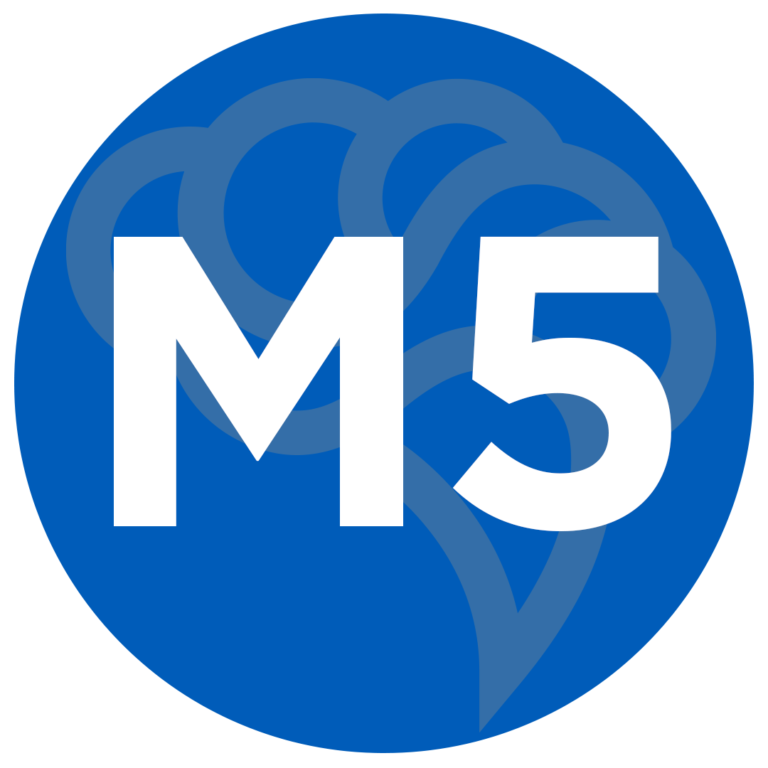
Module #5
Data Scientist Hiring Process
When it comes to securing a data scientist job offer, you can significantly improve your chances with the right techniques. This module covers….
- Some key ways to build a network that will help you transition to the data scientist role. You’ll also gain critical insights into how to build a LinkedIn profile and resume that make you look like an experienced data scientist.
- How you can distinguish yourself by portraying the right online presence. Building a portfolio that showcases your relevant experience will not only increase your chances of getting an interview – it will help you build your data science network.
- How to successfully handle coding and take-home assignments, which are particular to the data science hiring process. It will also give you tips on how to approach these assignments to show you are a good fit for the company.
- What the data scientist hiring process looks like, from phone screen to on-site interviews. You’ll also gain critical questions you can expect during on-site interviews, as well as some questions you can ask to decide if the position is right for you.
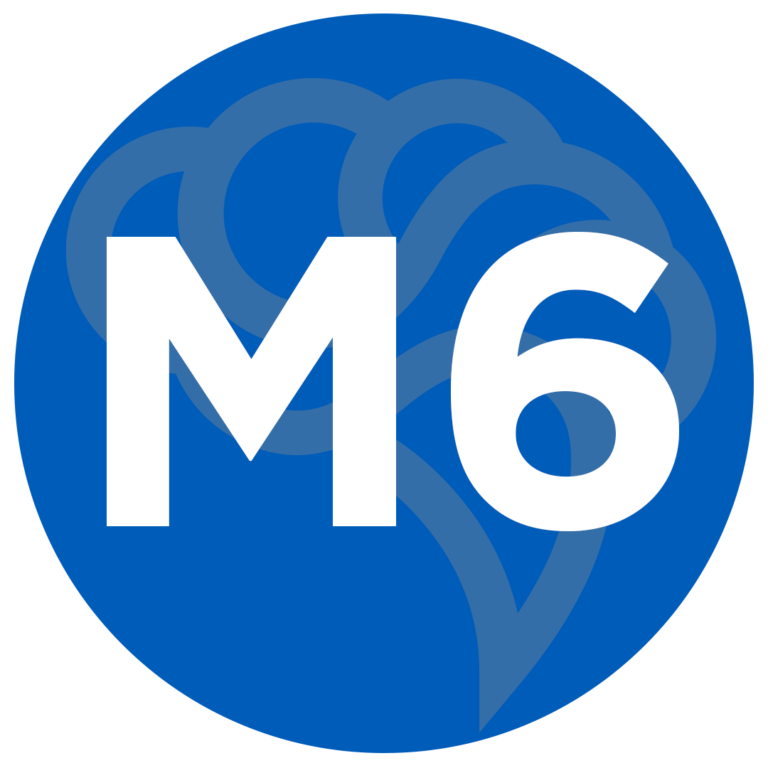
Module #6
Data Scientist Career Progression
Now that you have secured a position as a data scientist, what next steps should you take to continue growing professionally and personally? This module covers…
- What career progression looks like for new data scientists: the most common vertical moves for data scientists and how long it generally takes to climb the ladder.
- What management positions look like for data scientists. This module explores the differences between being an entry-level data scientist vs. assuming a management position and what steps you should follow once you decide to go into management.
- What your future may hold as a data scientist. Understand the different career paths you can take once you have data science experience and which horizontal moves make more sense for you.
- What consulting, freelancing, and entrepreneurship look like for data scientists. This module will give you insights on how to transition into these career paths. It will also show what you should consider if you want to open your own company.
As Soon As You Join, You Will Also Get Immediate Access To The Following…
- A complete guide that provides practical information on the data scientist role and responsibilities, important industry topics, company culture, and more. You’ll enter the job search knowing exactly what you’re looking for and the expectations of your future employer.
- The Data Scientist Career Library describes what you’ll experience in a typical week – from identifying the problems you should solve to building a model and presenting your results to stakeholders. Instead of entering your interview wondering what you don’t know, you’ll be prepared to ask important questions so you can determine if you’d accept a job offer from the company.
-
- Discover what kind of position would best suit your academic background and personal interests and get important information on how to gauge a company’s data science culture. Insider tips will help you make savvy decisions as you vie for a data scientist opening.
-
- Understand the make-or-break abilities essential for data scientists so you know how to effectively position yourself. Discover how to translate your natural analytical knowledge into insights to solve the most complex problems of a company.
- Detailed information on how to mine and analyze data and communication with decision-makers. With this program, you’ll gain knowledge that shows a potential employer that you’ve done your homework and you’re prepared for a successful transition into industry.
- Understand the different positions that make up a data science team, how they are different, and how they overlap. As well as how these teams change depending on the size and industry of a company.
-
- Gain important insight into the process of obtaining data-driven results and how to communicate them to stakeholders. You’ll fully understand how to recommend actions that are supported by data.
-
- Discover how to translate your knowledge of the data scientist position into questions that will impress your future company. The career library provides important advice to help you showcase your knowledge and passion for the field.
- Full access to an exclusive circle of data scientists and fellow PhDs where you can communicate about critical topics, request referrals, and ask for the input of other data scientists.
- Gain guidance from practicing data scientists on your upcoming interview, your newly created resume, or your recent job offer. They’re in the field and can provide advice that’s targeted for your specific needs and questions.
-
- Enjoy meaningful conversations with other PhDs in the group to discuss the latest development in your job search, your current challenges, and more. Learn from PhDs who’ve made the transition and ask for referrals.
-
- Leverage the group to find other data scientists or PhDs you can connect with. Find members by their name, location, educational background, or other characteristics to aid your job search.
- A comprehensive course that takes you from understanding the data scientist position to securing your first job. After laying a thorough foundation for your position, the Data Scientist Career Library will cover everything from networking to giving a presentation to company leaders so you’re prepared for the hiring process.
- Over the course of six modules, you’ll enjoy information-packed workbooks, numerous videos from data scientists, and exams to help you cement the concepts covered. The career library is a crash course on what you need to know to improve your chances of securing a position.
-
- Discover effective techniques for successfully pinpointing the best companies, targeting your LinkedIn profile for data scientist positions, conducting informational interviews, and more. The course will show you how to tailor your job search for a data scientist job offer.
-
- Discover the career options available to data scientists. With the Data Scientist Career Library, you’ll be able to look ahead into the future opportunities your new position may create.
- What you need to know about communication as a data scientist – no matter your level of extraversion. The career library will underscore the communication techniques that will make a positive impression on your future company and will uniquely qualify you for the role.
- Gain critical insights into the background needed to successfully transition from your postdoc work to a life as a data scientist. The career library will show you how to showcase the abilities that will get you hired.
-
- Discover what hiring managers are looking for during interviews. With the career library, you’ll get important tips for how to conduct yourself so you distinguish yourself from other candidates.
- Extensive resources that help you learn in a variety of ways about the data scientist role.
- The Data Scientist Career Library provides instant access to extensive video courses from data scientist professionals. You’ll also gain workbooks, video transcripts, and data scientist resume templates.
-
- The end of each module provides an exam to solidify the concepts you’ve learned during the course. The career library will also provide monthly webinars on important topics relevant to your data scientist job search.
The Data Scientist Career Library Is NOT For You If...

You Can’t Handle Uncertainty
You like to do predictable work and feel comfortable knowing what the results of your experiments are going to be.
Data scientists need to tackle a company’s most difficult questions and extract information from ever-changing data – they have to deal with uncertainty all the time.
If you love to know what a day at your work will look like, and can’t handle not knowing what the result of an experiment will be, then this career library is not for you.
The Data Scientist Career Library is designed for people who can embrace uncertainty and go the extra mile to see patterns where others only see noise.
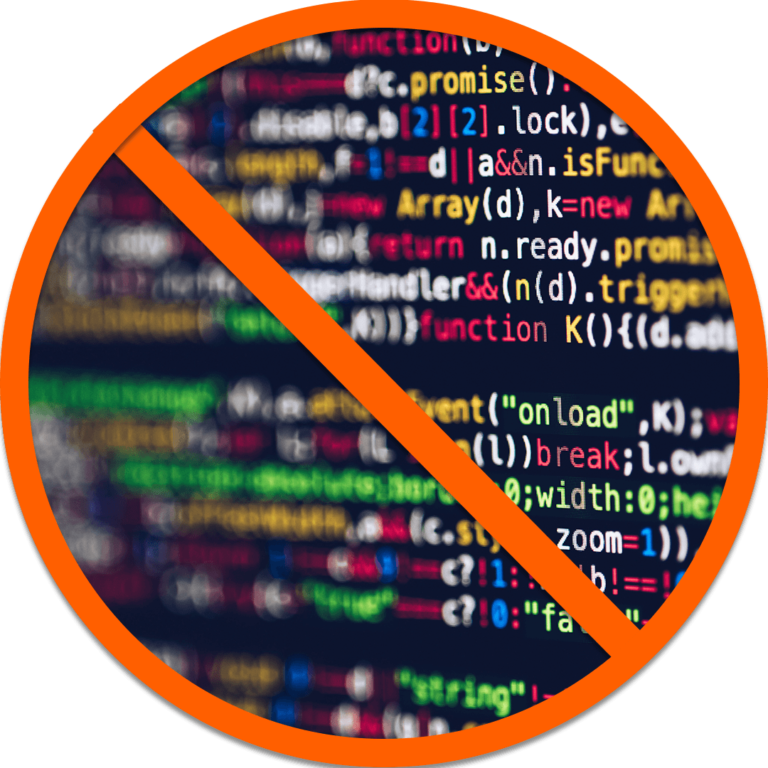
You Only Want To Code
More than likely, you went to school with this person.
This person did not like social events and was more than happy to spend the majority of each day at the computer with code for their only company.
As a data scientist, you need to not only create complex models but present your results in a way that decision-makers—who typically don’t understand big data—can trust and act upon.
If you love working with complex algorithms and running innumerable tests but dislike the idea of interacting with others, and explaining the rationale of your code to lay people, then this program isn’t for you.
The Data Scientist Career Library is designed for PhDs who can translate the results of their models into business-oriented insights.

You Don’t Like To Create New Things
This person likes to follow protocols and SOPs instead of proposing new and more effective ways to do things.
Data scientists need to come up with solutions to problems that didn’t even exist some years ago, so they need to create new models and update their old ones constantly.
If you love to follow other people’s rules and don’t feel confident contributing to these processes, then this course is not for you.
The Data Scientist Career Library is designed for people who enjoy innovating and coming up with new and better solutions to complex problems.
Get Access To The Data Scientist Career Library & Network
If you’re determined to be a data scientist and you’ve chosen the Data Scientist Career Library to make that happen, we’d like to welcome you.
As practicing data scientists who oversee the career library at the Cheeky Scientist Association, we know firsthand the challenges you face, the questions you have, and the information you’ll need to succeed.
We’re ready to empower you to make the transition, and we hope to meet you in the private group soon.
To your success,
The data scientists at the Cheeky Scientist Association
Data Scientist Career Library Board Members

Kasey Hemington, PhD
Data Scientist at Shopify

Shobeir K. S. Mazinani, PhD
Lead Director of Data Science and Personalization at CVS

Abha Chalpe Ghosh, PhD
VP Of Data Science At NextGen Invent Corporation

Debdatta Sinha Roy, PhD
Senior Research Scientist at Oracle

Lara Iverson, PhD
Senior Principal Health Research Analyst at Perathon

Ruchira Sharma, PhD
Discovery and Innovation Scientist at Sumitomo Dainippon Pharma

Valeriia Sherina, PhD
Principal Statistician at GSK

Rubenka Bandyopadhyay, Ph.D
Senior Analyst at Abt Associates
We help PhDs from every discipline get into many different types of careers, including Data Science.
We show you how to leverage the skills you already have to get hired into a myriad of industry jobs, including Data Science.
We show you how to get the job, not how to do the job because each company has their own proprietary systems and will teach you how to do the job through on-the-job training.
But, before you can get this training, you have to get hired first.
That’s where we come in.
We will guide you on how to use your PhD to get hired into Data Science.
